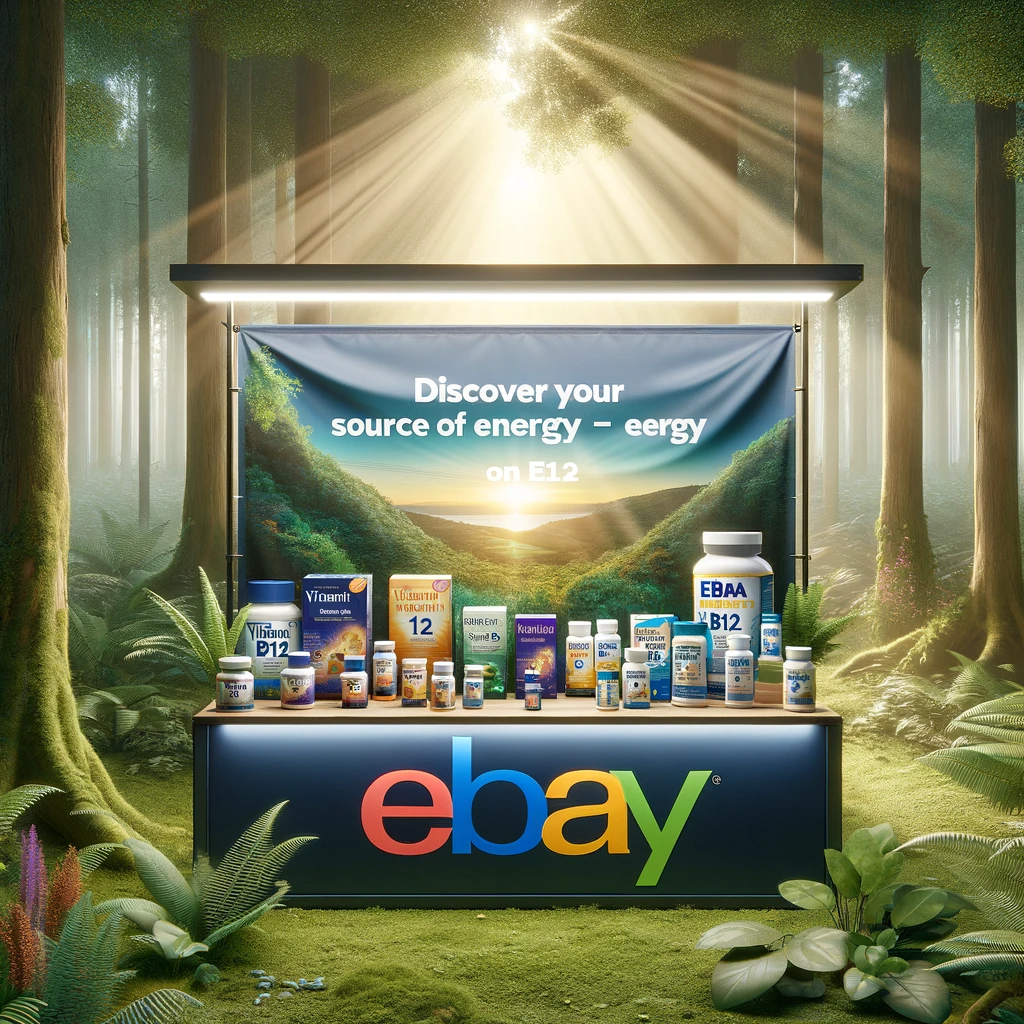Child Mental Health
Child mental health pertains to the emotional, psychological, and social well-being of children and adolescents. Like adults, children can experience a range of mental health conditions, including depression, anxiety, and attention-deficit/hyperactivity disorder (ADHD). Addressing and supporting mental health in childhood is crucial as it can influence a child’s ability to succeed in school, establish healthy interpersonal relationships, and navigate various developmental stages.
Promoting child mental health involves creating supportive environments, providing opportunities for emotional expression, and ensuring access to mental health services when needed. Preventative measures also play a crucial role in child mental health, including fostering supportive relationships, encouraging healthy expression of emotions, and providing resources and interventions at the earliest sign of challenges.
When addressing child mental health, it’s also pivotal to consider the child’s overall context, including their family, school, and broader community. Engaging families, educators, and other key figures in a child’s life is vital in providing comprehensive support and management of mental health conditions in children.
Nutrients like Vitamin B12 and Omega-3 fatty acids may have a role in supporting mental health. For example, Omega-3 fatty acids are often recognized for their potential role in brain health, while Vitamin B12 is essential for nerve function and the production of neurotransmitters.
Child Mental Health Read More »





